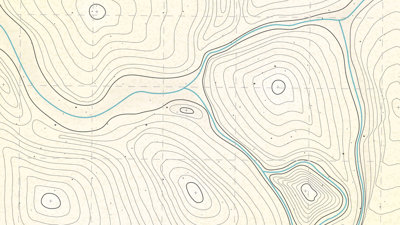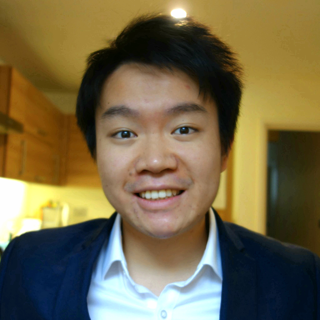How did you get to where you are now?
My career path started back in my first year at university when I applied for many different part time jobs to support me while I was studying. I was lucky enough to be offered a role at Apple where I worked for almost three years and this really sparked my interest in technology as a vocation and allowed me to build my soft skills in a fantastic environment. I also secured a part time internship during my final year at a cloud software development firm called Bullhorn where I learned the rigors of a more professional facing technology role. After I graduated, I was given a fantastic opportunity to join a global consulting firm called Capgemini – here I began to specialise in enterprise applications and gained in depth knowledge and understanding of technology consulting. Since then, I joined Deloitte two years ago as an experienced hire consultant and things have been going incredibly well!
Was there anything particularly useful that helped you get into this role?
I began researching and networking very early on. I didn’t actually know what management consulting was until I met someone early on in my final year who introduced me to it – after that point I realised that it was a great match for my skillset and worked towards gaining experience to go down that path.
What do you do as part of your role?
My role as a Technology Consultant can vary enormously depending on who my client is and what my current priorities are. As an overview of my job, I help to deliver bespoke, complete solutions to our clients that fulfil their business needs and improve efficiency to their processes using enterprise technology. I also get involved in many different internal projects to build the capabilities of our division using exciting new technologies to ensure we can help to provide the widest range of services.
What skills and characteristics do you need for this role, apart from geographical knowledge?
Often, client requirements will vary substantially based on their geographical and geospatial attributes and I need to be able to analyse these efficiently and make the case for it. For this I need strong analytical and communication skills. Additionally, strong interpersonal skills are essential especially when managing a team to understand what motivates and drives them. Finally, networking is key and it enables me to meet new people and make new connections that are always beneficial in the future.
What do you enjoy most about your job?
I think networking is one of the best things about consulting. Working with people from all sorts of backgrounds, specialising in a variety of skills means that there is always someone to turn to regardless of what your question might be. Additionally, exposure to clients of different industries and locations allows me to travel a lot and discover the intricacies of working with people of different sectors.
What advice would you give to someone wanting to go in to this career?
If you are looking to start a career in technology consulting, it is paramount that you do a lot of research into the particular area of technology that you are looking to work in – especially if you are looking to join a graduate scheme as these are usually very competitive. For these schemes, apply early (around October/November of your final year at university). Be honest with yourself regarding what is realistic and be disciplined about the job application process. Job applications will be long and tedious and often fruitless when the employer decides to go a different way. However, you must remain resilient – eventually it will all pay off! Also make sure your interpersonal and communication skills are sharp as these will be key, not only for carrying out the job, but for the various interview stages too!
Why did you choose geography? Why should others choose geography?
Although I don’t necessarily apply the subject-specific knowledge that I acquired from my geography degree in my current role, I would say that geography is one of the few degrees where you will learn some core soft skills that will go on to adequately prepare you for a job. Mainly from carrying out surveys and talking to strangers and building strong rapport to enhance your research – these are key to becoming a strong consultant and problem solver.
* This interview was undertaken in 2019 and was correct at the time of publication. Please note that the featured individual may no longer be in role, but the profile has been kept for career pathway and informational purposes.

